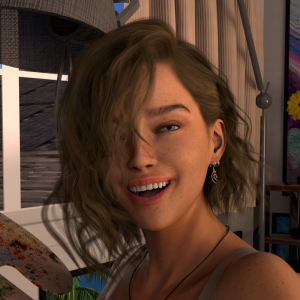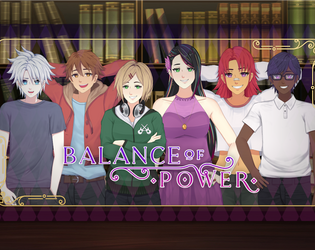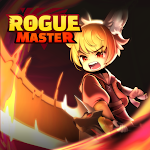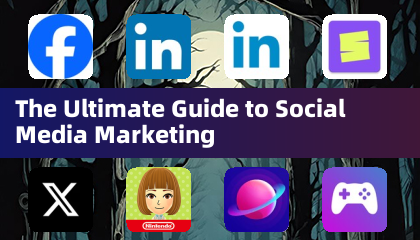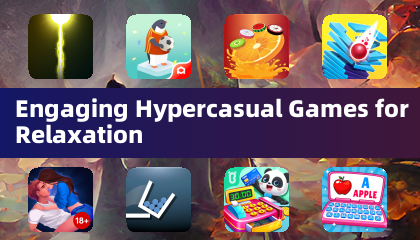Activision recently stirred the gaming community by unveiling advertisements for new projects based on their beloved franchises, including Guitar Hero, Crash Bandicoot, and Call of Duty. However, the buzz wasn't about the announcements themselves, but rather the surprising use of neural networks to create the promotional visuals.
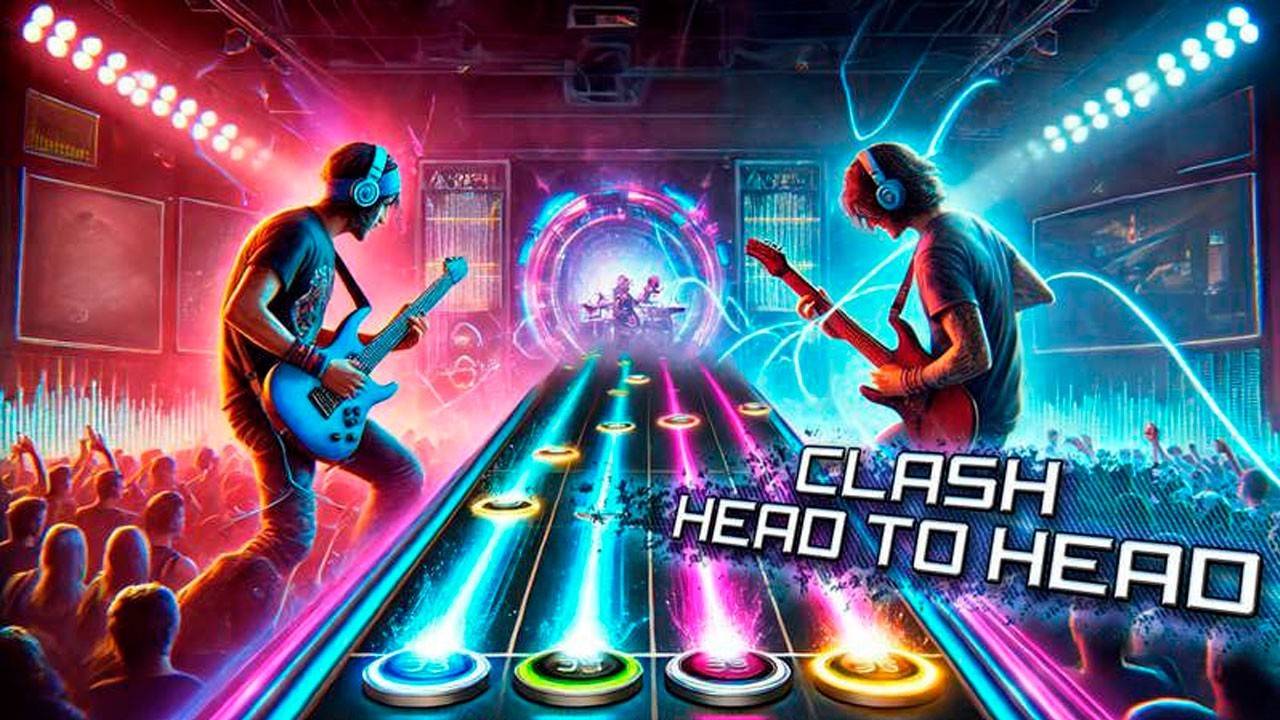 Image: apple.com
Image: apple.com
The first advertisement surfaced on Activision's social media, showcasing Guitar Hero Mobile and directing users to a pre-order page on the App Store. The unusual and somewhat eerie visuals quickly caught the attention of the gaming community, sparking widespread discussions. It wasn't long before similar reports surfaced about other titles like Crash Bandicoot Brawl and Call of Duty Mobile, which also used AI-generated art in their promotional materials. Initially, many suspected a hack, but it was later revealed to be a bold marketing experiment by Activision.
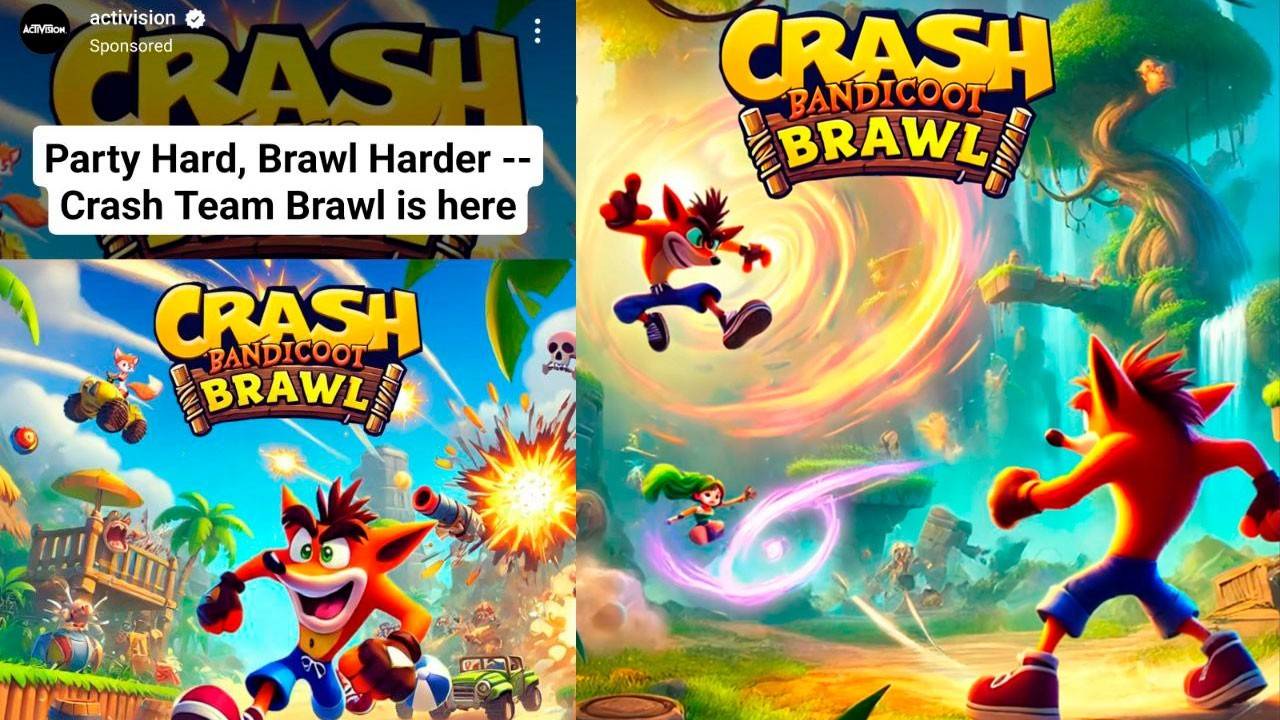 Image: apple.com
Image: apple.com
The reaction from the gaming community was predominantly negative. Gamers expressed frustration and disappointment with Activision's choice to utilize generative AI over hiring professional artists and designers. Many feared that this move could lead to games being filled with "AI garbage," drawing unfavorable comparisons to Electronic Arts, known for its contentious decisions within the industry.
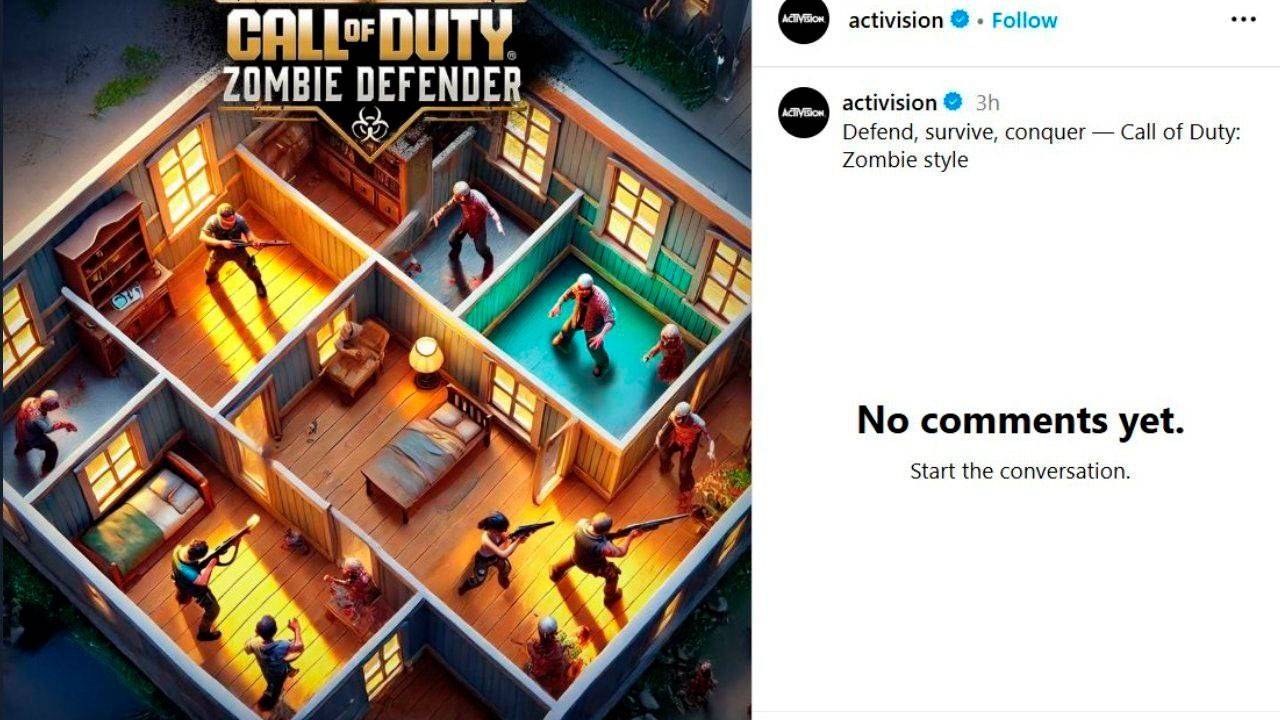 Image: apple.com
Image: apple.com
The integration of AI in both development and marketing is increasingly becoming a controversial topic for Activision. The company has openly acknowledged the use of neural networks in creating content for Call of Duty: Black Ops 6.
In response to the backlash, some of the promotional posts were removed. It remains uncertain whether Activision intends to release these games or if they were merely testing the waters with provocative materials to gauge audience reactions.


